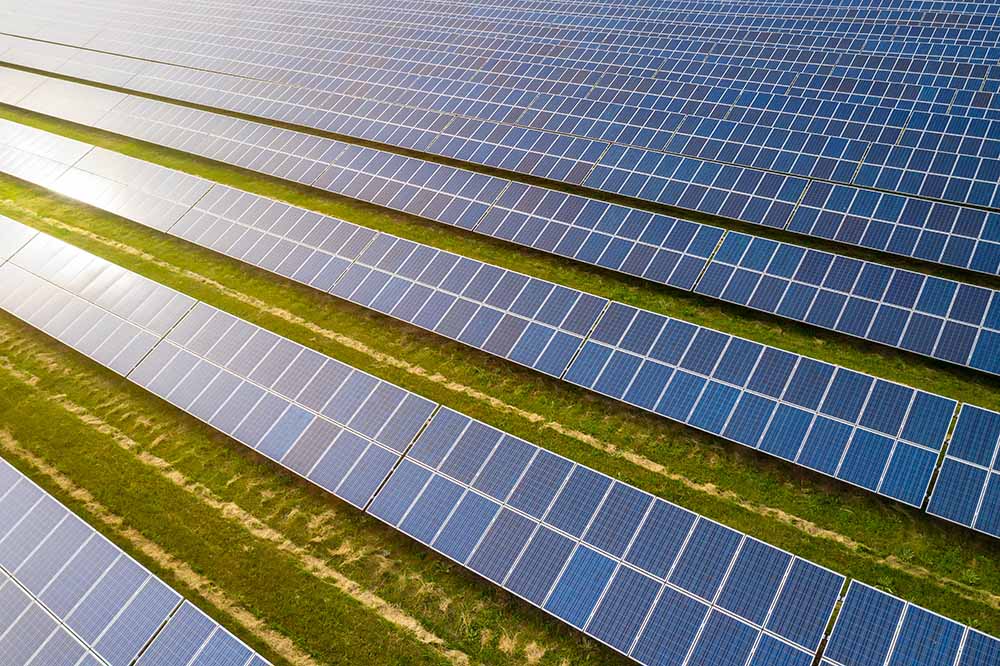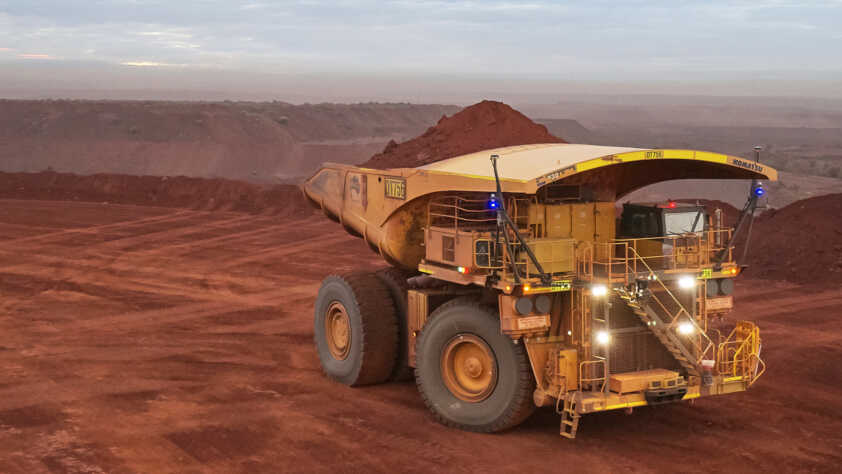Some of Western Australia’s largest and most strategic resource projects are at risk due to uncertainty as to whether the state’s new low emissions, reliable and cost-competitive energy system will be delivered to the scope and timeframes required.
The Chamber of Minerals and Energy of WA’s (CME) Chief Executive Rebecca Tomkinson said the timely delivery of a low emissions, reliable and cost-competitive energy system was required to decarbonise industry’s existing operations and deliver globally competitive green industries in WA, including critical minerals and value-adding.
“There is no net zero without the WA resources sector,” she said.
“While we welcome the WA Government’s direction for transition of the state’s main electricity grids, and their constructive engagement with the industry, we urgently need the WA Government to move from admirable aspirations to tangible actions.”
The statements were made with the release of CME’s 2024-25 Pre-Budget Submission (PBS) today, which also calls for actions to address skills shortages and investment in regional communities, including through identification and prioritisation of investments in essential regional and social infrastructure such as housing.
CME also renews its earlier call for the WA Government to introduce targeted measures to realise the state’s critical and battery minerals industry potential. A targeted initiative such as a ‘value add’ rebate scheme would enhance the international competitiveness for minerals and minerals processing vital for the transition to net zero.
The PBS highlights that the complex challenges for industry are compounded by inefficient, duplicative and delayed assessment and approvals processes. Action is also needed to unlock additional project ready land by activating our strategic industrial areas and increasing port capacity.
Ms Tomkinson said delays in addressing these bottlenecks threatened the ability of the WA resources sector to continue its strong contribution to the state’s economy, jobs and family incomes, local businesses, communities and WA Government revenues – of which the sector contributes almost one-third.
She said the WA resources sector was well positioned to underpin the state’s economic and community development and prosperity for the next 50 plus years, however significant obstacles stood in the way of industry realising this potential.
“The outlook for the resources sector is strong, however it faces intense global competition for investment capital, increasing geopolitical tensions, rising costs and persistent skilled labour shortages,” she said.
“Regulatory uncertainty, inefficient assessment and approvals processes, and a lack of clarity around access to low emissions, reliable and cost-competitive energy, are diminishing WA’s competitiveness for global investment dollars.
“The WA Government’s efforts to improve the efficiency of approvals processes needs to be reinvigorated, and resourcing of approvals processes should be prioritised and funded to release the handbrake on sustainable development.
“It is also crucial that the WA Government works to ensure the Australian Government does not add to inefficiency and delays by introducing further duplication and inconsistency.
“Industry looks forward to working collaboratively with the WA Government and the community to address these issues and realise the benefits for Western Australians for generations to come.”








